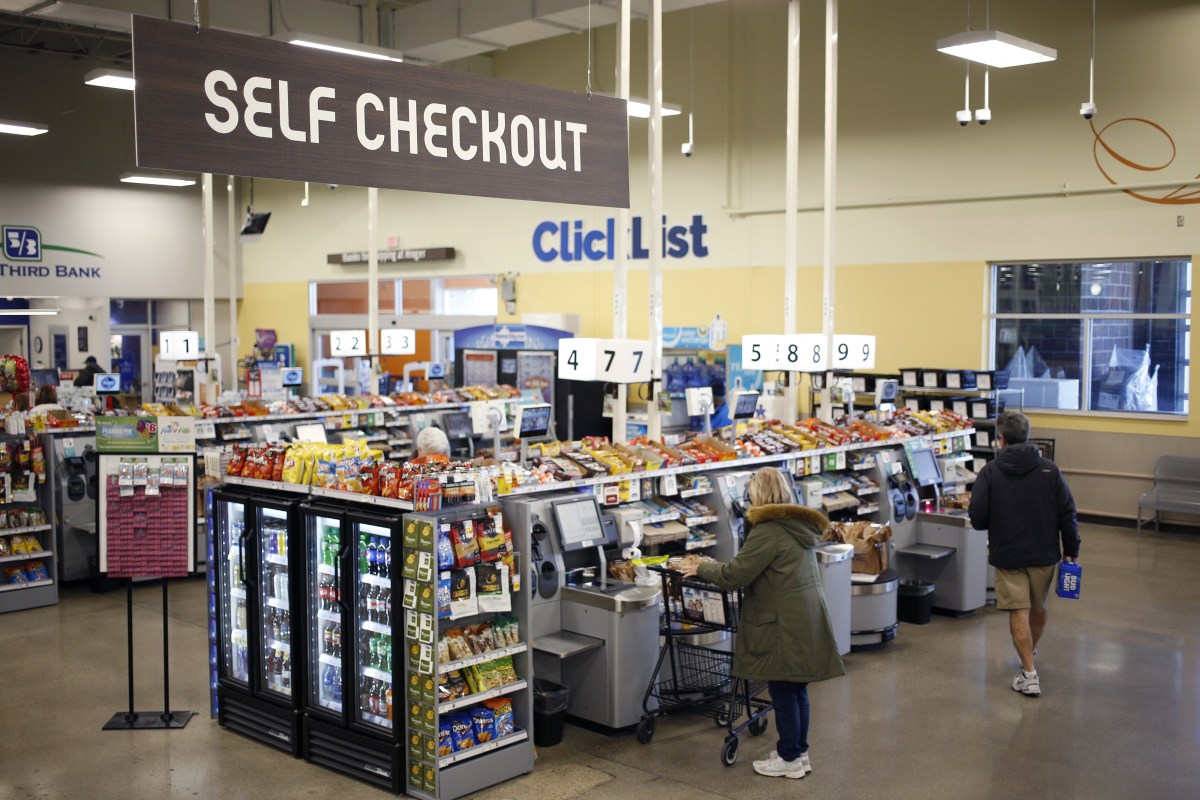Editor’s Note: RealClearLife, a news and lifestyle publisher, is now a part of InsideHook. Together, we’ll be covering current events, pop culture, sports, travel, health and the world.
In their ongoing race to take your jobs, robots are closer to taking over some industries than others.
A new report by Bridgewater Associates highlighted the increasing rise in automation across industries, suggesting that more efficient robots and technology will continue to replace slower labor prone to human error.
The report, cited by Business Insider, included data from a 2016 survey by McKinsey & Company that looked at which industries were most vulnerable to automation.
The report estimated how much time workers across various industries spent performing tasks that could theoretically be automated using present technology.
According to McKinsey’s analysis, employees in the accommodation and food service industries spend the most amount of time, 75 percent, performing tasks that could be automated. Agriculture and manufacturing were next, at 60 percent each, while the transportation/warehousing and retail industries rounded out the top 5, at 57 percent and 53 percent, respectively.
Meanwhile, only 27 percent of duties in the education industry could be automated, according to McKinsey’s estimates, suggesting those jobs were less susceptible to automation.
According to Business Insider, workers in industries like food service, accommodation and retail spend much of their time performing tasks in a predictable environment, leaving their jobs subject to easy automation, while education and healthcare professionals execute more interpersonal work and require expertise that can’t be automated as easily.
The McKinsey report also noted that even in industries where many tasks are easily automated, few roles are entirely comprised of those responsibilities. While certain tasks may gradually become fully-automated, those jobs may not disappear altogether. Rather, employees in those jobs will simply shift to focus on tasks for which human workers are uniquely qualified … for now.
Thanks for reading InsideHook. Sign up for our daily newsletter and be in the know.


















